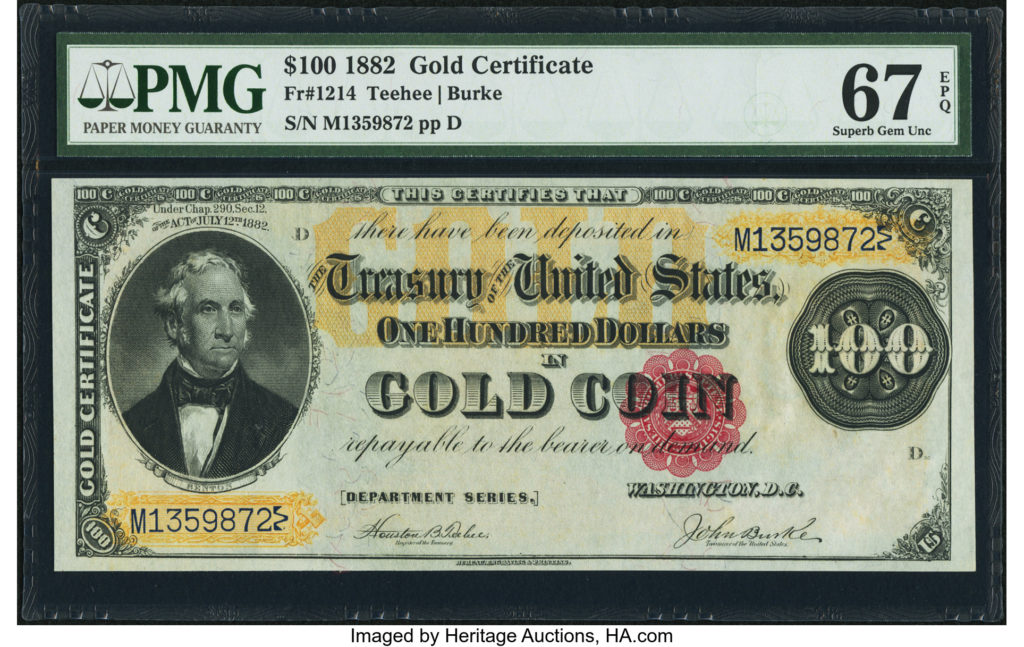
By Jim O’Neal
During the winter of 1886-87, cattle rancher Theodore Roosevelt lost a lot of his money as the Dakota weather wiped out his herd. The one-time boy wonder of New York politics was now neither a boy nor a wonder anymore. At age 28, Roosevelt decided to return to writing. Through his friend Henry Cabot Lodge, he got a contract with Houghton Mifflin for a biography of Thomas Hart Benton, the Missouri Senator and apostle of Western geographic expansion of the United States.
Like most authors, T.R. had moments of doubt, writing to Lodge, “I feel appalled over the Benton. Unsure if a flat failure or not. Writing is horribly hard work for me; and I make slow progress.” By June, he pleads with Lodge to send him some research material on Benton’s post-Senate time and receives enough help to finish the biography. The book didn’t break any new ground, but was a much better read than his ponderous Naval War of 1812.
Thomas Hart Benton (1889-1975) is a well-known American painter and muralist, and subject of an eponymous 1988 documentary by Ken Burns. However, Roosevelt’s biography was about a great-uncle, Senator Thomas Hart Benton (1782-1858), who was only slightly less well known and a giant when it comes to the topic of U.S. western expansion, commonly called Manifest Destiny (or God’s will).
Benton was a central figure in virtually all the major geographic additions after President Jefferson essentially doubled the U.S. land area in 1803 via the Louisiana Purchase from France. The modest $15 million price tag added areas that constitute 15 present states and small portions of two Canadian provinces.
T.H.B. was an aide-de-camp to General Andrew Jackson in the War of 1812 and then launched his own political career after the Compromise of 1820. This agreement permitted Maine (free) and Missouri (slave) to become U.S. states without disturbing the delicate balance in the Senate. Benton was one of Missouri’s first two Senators and his Senate career lasted 30 years.
He became the first Senator to serve five terms in office. His strong anti-slavery position prevented him from winning a sixth term, so he became a member of the House of Representatives.
He was the principal supporter behind the annexation of the Republic of Texas (1846) despite the slavery issue, which was rectified by negotiations for the Oregon Territory and anti-slavery provisos for the new areas seeking statehood after the war with Mexico. Benton further encouraged western expansion by legislating the first Homestead Act that offered free land to those who agreed to settle and live there.
It is easy to understand why Roosevelt selected him for a biography. Benton was not a great orator or writer, or even an original thinker. But his energy and industry, his indomitable will and fortitude, gave him an influence that surpassed nearly all contemporaries. Courteous, except when provoked, his courage was proof against all fear and he shrank from no contest, personal or political. At all times, he held every talent he possessed completely at the service of the Federal Union.
John F. Kennedy included Benton as one of the eight Senators he highlighted in his book Profiles In Courage, citing how Benton sacrificed his re-election to the U.S. Senate in a vain attempt to avoid disunion.
I suspect Teddy Roosevelt may have unwittingly adopted some of these personal traits for himself. They seem entirely familiar to the T.R. I admire and respect so deeply.
 Intelligent Collector blogger JIM O’NEAL is an avid collector and history buff. He is president and CEO of Frito-Lay International [retired] and earlier served as chair and CEO of PepsiCo Restaurants International [KFC Pizza Hut and Taco Bell].
Intelligent Collector blogger JIM O’NEAL is an avid collector and history buff. He is president and CEO of Frito-Lay International [retired] and earlier served as chair and CEO of PepsiCo Restaurants International [KFC Pizza Hut and Taco Bell].
